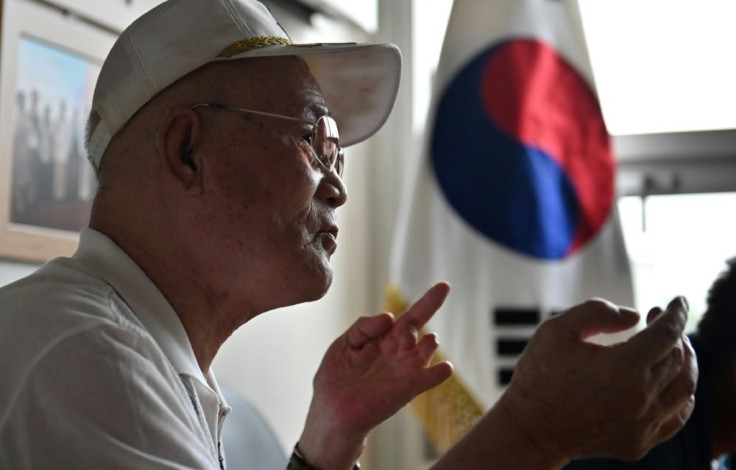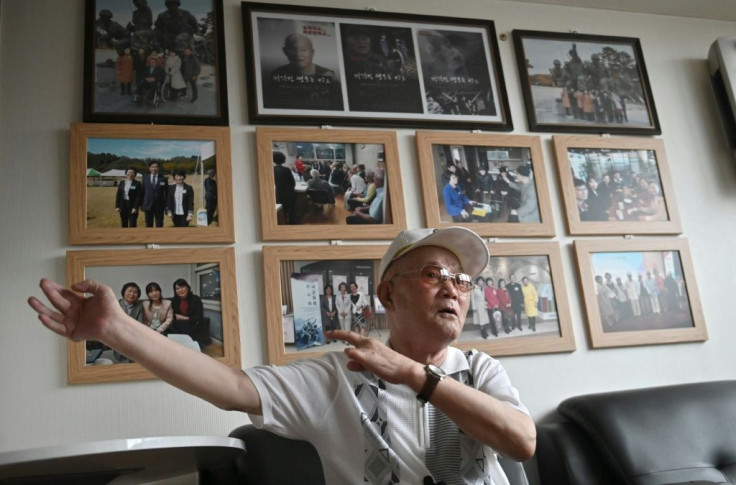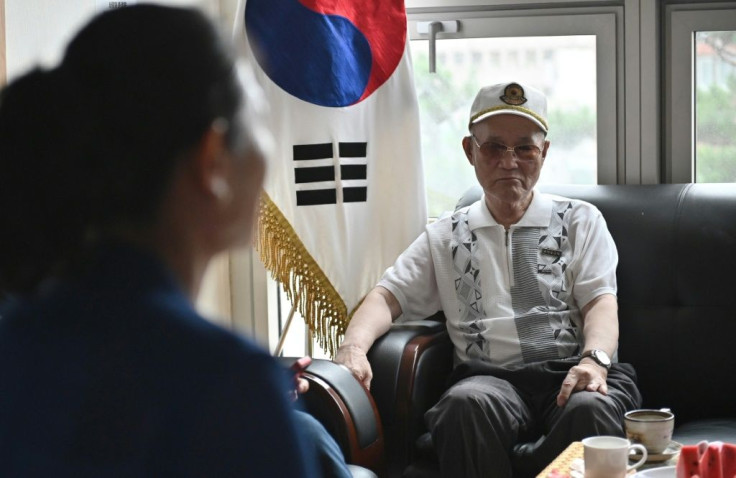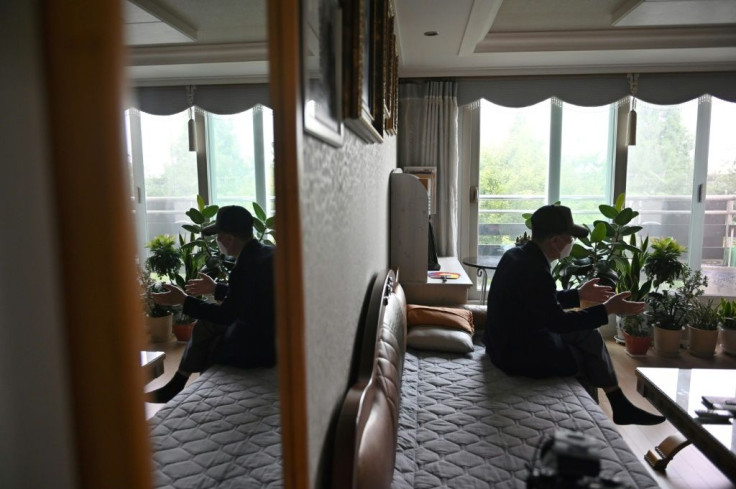Left Behind: North Korean Coalmines Fuelled By South's POWs
Just 13 days before the armistice that ended the Korean War, Southern soldier Lee Sun-woo was captured. He then spent more than three decades toiling in a North Korean coal mine like thousands of his compatriots.
Lee is one of an estimated 50,000 former South Korean prisoners of war who were never returned by Pyongyang after the 1950-53 conflict.
Instead they were forced to work in coal mines -- major earners for North Korea until sanctions blocked export three years ago -- construction projects or factories.
The POWs' story was highlighted by a landmark South Korean court ruling in June, ordering Pyongyang and leader Kim Jong Un to compensate two former detainees for decades of forced labour.

And campaigners say tens of thousands of their children and grandchildren have inherited their fate.
Lee was just 24 when his tank was attacked in the last major engagement of the war.
An explosion knocked him out, severing three fingers and leaving him with scars across his body. When he awoke, he was a prisoner.

"I toiled 35 years in a coal mine," Lee, now 90, told AFP.
Lee met and married a local woman, having children with her and working like a "slave" even when ill -- anything else would deprive him and his family of rations.
And his offspring were obliged to follow in his footsteps.
"You have no idea how sad it is to be a South Korean POW," Lee said tearfully. "You are resented by your children."

After his retirement, Lee, then 77, decided it was worth risking his life to try to go home.
"I thought I wouldn't mind dying three days later if I could only return to my hometown, meet my relatives and visit my ancestors' graves," he said.
The family lived close to the Chinese border, and he and his son swam the river that forms the frontier.
From there, they defected to South Korea, where he discovered he was officially dead: all the country's remaining POWs had been classed as killed in action.

Pyongyang invaded the South in 1950 and by the time the armistice was signed, hundreds of thousands of captured soldiers were held on both sides of the DMZ.
But while the Geneva Convention requires all POWs to be repatriated once hostilities end, Pyongyang returned only 8,343 South Koreans.
A UN human rights report in 2014 concluded that at least 50,000 POWs from the South remained in the North after the war, and that around 500 were still alive.
The remaining captives were forgotten, and have largely remained so: despite five inter-Korean summits, their repatriation has never been prioritised.
Citizens in North Korea are classified according to their socio-political background, from the loyal "core", to the "neutral" and the "hostile".
As former soldiers for the South Korean "puppets", in league with the United States, the POWs were among the lowest of the low -- a stigma passed down the generations.
"We are finding inter-generational forced labour in the mining industry in North Korea, as POWs' children and grandchildren are forced to live and work in the mining areas," said Joanna Hosaniak, of the Citizens Alliance for North Korean Human Rights, a Seoul-based NGO which collects the testimonies of escapees.
Even if only half the prisoners had children and grandchildren, she said, that could mean "at least 60,000-100,000" people were affected.
June's court case ordered Pyongyang to pay two former prisoners 21 million won ($19,300) -- less than $500 for each of the 40 years one of the plaintiffs, who wanted to be known only by his surname Han, toiled in the mines.
Neither North or South Korea recognise each other and there is no possibility Pyongyang -- which did not respond to the suit -- would comply with the ruling.
In any case, Han told AFP that any payout would be meaningless.
"How would I convert that time into money?" he asked.
Pyongyang insists it protects "genuine human rights" and dismisses accusations of abuses by the international community.
It insists all POWs were returned according to the armistice terms, with a government official previously saying that any who remained wished "to remain in the bosom of the republic".
Former POW Lee blames Seoul's inaction for his decades of misery.
"Although I've made it back, there are still many more who have not been able to return."
© Copyright AFP {{Year}}. All rights reserved.





















